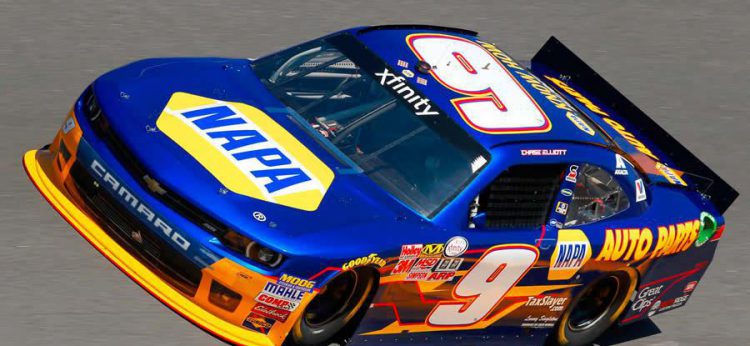Supreme Court’s BS III ban puts Rs15,000 crore worth of vehicles at risk
Fresh Delhi: In a landmark judgment aimed at curbing vehicular pollution, the Supreme Court on Wednesday ruled that vehicles not compliant with Bharat Stage IV (BS IV) emission standards cannot be sold after thirty one March.
The ruling will help mitigate pollution, but it is a setback to the country’s automobile industry, which could get stuck with hundreds of thousands of vehicles compliant with BS III norms that are on the way out. Industry executives have estimated the value of these vehicles at as much as Rs15,000 crore.
A Supreme Court bench headed by justice Madan B. Lokur rejected the government’s obedience to permit the continued sale of BS III vehicles. The bench put public health over potential commercial losses to companies, creating a precedent of sorts.
It ordered transport authorities not to register vehicles that do not meet BS IV emission standards beginning on one April.
“The number of such vehicles may be puny compared to the overall number of vehicles in the country but the health of the people is far, far more significant than the commercial interests of the manufacturers or the loss that they are likely to suffer in respect of the so-called puny number of such vehicles,” the Supreme Court bench said.
“The manufacturers of such vehicles were fully aware that eventually from 1st April, two thousand seventeen they would be required to manufacture only BS IV compliant vehicles but for reasons that are not clear, they chose to sit back and declined to take sufficient pro-active steps,” it said.
According to previous submissions by the industry, manufacturers and dealers had in their inventory more than 800,000 two-wheelers, commercial vehicles (both petite and large), passenger vehicles and three wheelers compliant with BS III norms. Of these, the two-wheeler was estimated at more than 670,000 units and those of commercial vehicles, around 100,000. The inventory consisted of around 40,000 three-wheelers; the rest were passenger vehicles.
The combined value of these units was estimated to be inbetween Rs12,000 crore and Rs15,000 crore. The cost of upgrading these vehicles to BS IV emission standards was estimated at inbetween Rs1,500 crore and Rs2,000 crore.
“More than the cost, it is the entire exercise that is massive and time-consuming. There are various technical complexities involved that cannot be summed up right now,” said Nikunj Sanghi, former president of the Federation of Dealers Association of India (FADA).
In January 2015, the government notified that all vehicles—passenger and commercial—must be BS IV compliant. On Monday, the government clarified that the cut-off date applies only to manufacturing, and that sale of BS III vehicles can proceed even after thirty one March.
Concerns over vehicular pollution prompted the government last year to proclaim that India will budge up to the harshest automobile emission standards of BS VI by 2020, skipping an intermediate level.
The Indian automobile industry has had the capability of making BS IV vehicles since 2010, but lack of BS IV fuel prevented it from selling such vehicles nationwide, said Vinod K. Dasari, managing director of Ashok Leyland Ltd and president of the Society of Indian Automobile Manufacturers (Siam).
“While no one shoved for BS IV fuel availability for seven years to switch over swifter, this unexpected decision—just a few days before the changeover—is rather unfortunate as it causes undue stress to the entire industry, and causes loss of jobs,” said Dasari.
Environmentalists welcomed the Supreme Court ruling.
“It’s a excellent victory for public health. We are very glad that the Supreme Court has upheld the principle of public health and Right to Life and established that commercial interest of industry cannot supersede public health concerns,” said Anumita Roychowdhury, executive director at the Delhi-based Centre for Science and Environment.
Mayank Aggarwal contributed to the story.
